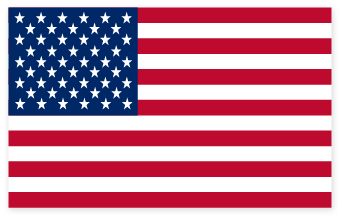It depends, if they don’t keep Shabbat at all then you were correct not to drink the wine. However, if they light candles and go to Bet Knesset, it might have been OK to drink the wine.
Explanation:
The Chazon Ish (OH 87:14) writes: since we have to judge each and every individual according to his circumstance if he transgresses the Torah willfully or he is just a victim of circumstance, if so someone whose fathers left Judaism and eh grew up without Torah we have to judge how much he knows about the Mitzvot and how much he understands that his father’s left the true path for us to judge him as a Tinok Shenishbah or no.
R’ Nissim Karelitz explained that those people who do not keep the Torah who don’t understand at all the Torah requires them to keep it and they should follow who their forefathers acted and follow the Torah they are considered Tinok Shenishbah. However, those who aren’t totally cut off from Judaism but they aren’t not keeping willfully they are not clearly Tinok Shenishbah and therefore it is good to be stringent.
The Shu”t Binyan Tziyon is more lenient. If they don’t have any clue about keeping Shabbat, they are considered Tinok Shenishbah.
The Igrot Moshe (EH 2:20) argues that even goyim know about Shabbat.
The Shevet Halevi and R’ SZ Auerbach and R’ BZ Abba Shaul all agree that non-Religious on Eretz Yisrael nowadays know about religious Jews therefore they are considered Shogeg, mistaken, but not forced, inculpable.
However, if they have no clue about Judaism then they would be considered a Tinok Shenishbah.
However, there is another way of looking at nonreligious people.
The Mishna Berura (OH 385:1)writes: If a person is embarrassed to this Aveirah in front of an great person even if he would do it in front of many people it is considered in private, not public.
The Steipler Gaon permitted inviting a person like this to come to the Seudah on Yom Tov even though it is forbidden to have a Mechallel Shabbat in public for the Yom Tov Seudah.
The Darkie Teshuva though (119:34) quotes the sefer Taharat Hamayim that the leniency that if a person would stop in front of a great person is only by Rabbinic prohibitions but not Torah prohibitions. So, if someone will not move muktzeh things in front of a rabbi, then he won’t forbid wine. If he does Torah transgressions like lighting a fire, driving a car, then he does ruin wine.
R’ Ovadia Yosef writes (Halichot Olam 7 pg. 158)
Some say that if he prays on Shabbat and says Kiddush and mentions Maaseh Beraishit even though he publicly does Melachah as well, he does not forbid the wine. There those who are stringent but you may rely on the lenient opinion.



